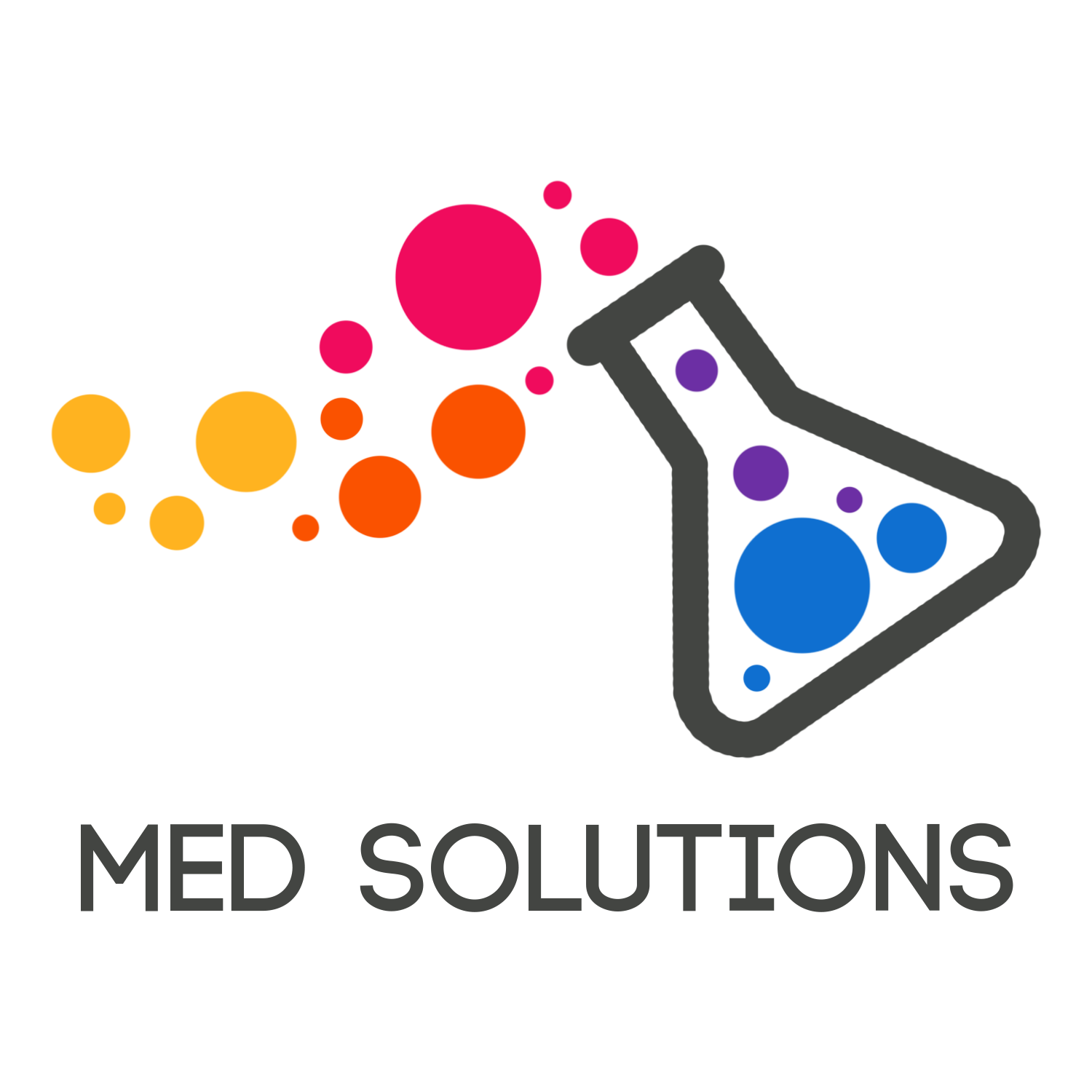Platelet Rich Plasma (PRP) Therapy and FDA
Platelet Rich Plasma (PRP) therapy is a treatment option that is on the rise in the medical world. Platelet Rich Plasma (PRP) therapy shows the potential to help patients with a variety of medical ailments and provide quality outcomes in aesthetic medicine. Platelet Rich Plasma (PRP) therapy was developed in the 1970’s and doctors have been using it ever since with results that patients can’t stop talking about. Even today, they are finding new applications and uses for this procedure to provide more patients with the results that they are seeking. Market Watch has stated that by 2024 the Platelet Rich Plasma (PRP) therapy market will be in excess of $4.5 billion. This shows that patients are actively seeking out this type of therapy and that it will become part of the normal standard of care. Yet, who regulates this therapy and who can use the therapy to treat patients?
A common question that is typically asked by both clinician and patient – is Platelet Rich Plasma (PRP) therapy approved by the FDA?
Devices that are used to prepare Platelet Rich Plasma (PRP) therapy are the only thing that the FDA regulates.
Platelet Rich Plasma (PRP) therapy does not require FDA approval. However, the organization does require that developers of Platelet Rich Plasma (PRP) kits get permission for their products before putting them up for sale on the open market. This process allows the FDA to be sure that each Platelet Rich Plasma (PRP) kit is safe to be used on the public.
The FDA’s Center for Biologics Evaluation and Research (CBER) is the organization that regulates biological products for human use under federal law. The Center for Biologics Evaluation protects public health by ensuring that biological products are safe and effective. The Center of Biologics Evaluation and Research is responsible for Platelet Rich Plasma (PRP) therapy and the Platelet Rich Plasma (PRP) medical processes. FDA 21 CFR 1271 of the Code of Regulations provides the outline for the processing and use of human tissue products.
The Food and Drug Administration Permit Process
Any developer of a Platelet Rich Plasma (PRP) therapy kit would be required to acquire one of two permits from the FDA. A Premarket Approval (PMA) or a Premarket Notification (PMN) also known as a 510(k).
Many companies that develop Platelet Rich Plasma therapy kits use the Premarket Notification (PMN) to get approval for the product. PMN is usually used for a medical device that is similar to one that is already on the market and has a low risk associated with its release.
Before the release of their products, companies must register and inform FDA of their intention to sell the device. It is a mandatory requirement under the Food, Drug, and Cosmetic Act.
Is Platelet Rich Plasma (PRP) Therapy approved by the FDA?
No, the FDA only clears Platelet Rich Plasma (PRP) Therapy Kits for use.
Manufacturers present their devices for approval under the 510 (k) rules. That’s because it is economical and faster than PMA approval. Thus, the Platelet Rich Plasma (PRP) therapy kit is approved by the FDA but the FDA does not issue an approval statement for the actual treatments.
The FDA will issue a warning to a company if they do not clearly indicate on packaging that the doctors extract Platelet Rich Plasma (PRP) using the kit but that the FDA does not test for the effectiveness of medical or cosmetic purposes. Each treatment’s outcome is based on the patient’s individual ability to heal.
Platelet Rich Plasma therapy is typically “Off Label”.
Almost all of the Platelet Rich Plasma (PRP) kits and systems used today have permission for use in only certain clinical settings. If you want to use them to provide treatment for other medical or cosmetic issues, then that would fall into the category of “off-label.”
As a specialist, you can give Platelet Rich Plasma (PRP) therapy using proper protocols and procedures in which you have received training. However, the FDA requires that you must “have a responsibility to be well informed about the product, to base its use on a strong scientific rationale and sound medical evidence, and to maintain records of the product’s use and effect.”
To answer your question – is Platelet Rich Plasma (PRP) therapy approved by the FDA, the agency has not yet begun rules or regulations for the preparation of Platelet Rich Plasma (PRP) or provide therapy guidelines.
You have the green light to prepare and administer Platelet Rich Plasma (PRP) as long as you’re trying to treat your patients. You have to act responsibly and observe all safety requirements. Such as, examining the patient for contraindications to Platelet Rich Plasma (PRP) injections, maintaining sterile conditions, and monitoring the progress of patients.
CNN received an email from the FDA providing an explanation to the question – Is Platelet Rich Plasma (PRP) therapy approved by the FDA. The statement from the FDA was, “The agency has adopted a risk-based approach and based on science that builds on the existing regulations to support the development of innovative products as well as clarifying the authority of the FDA and law enforcement priorities. This risk-based approach enables product developers time to engage with the FDA, to determine whether they need to apply for marketing authorization and, if so, send their application to the FDA for approval.”
Currently, the FDA does not require the practitioner to obtain approval for Platelet Rich Plasma (PRP) therapy practice as long as they are responsible. The FDA requires physicians to monitor future legislation and developments in the field of Platelet Rich Plasma (PRP) therapy.
Do you want more information about Platelet Rich Plasma therapy and current research? Contact Med Solutions at: Phone: 877-604-7113
Text: 877-604-7113
Web: Med Solutions
